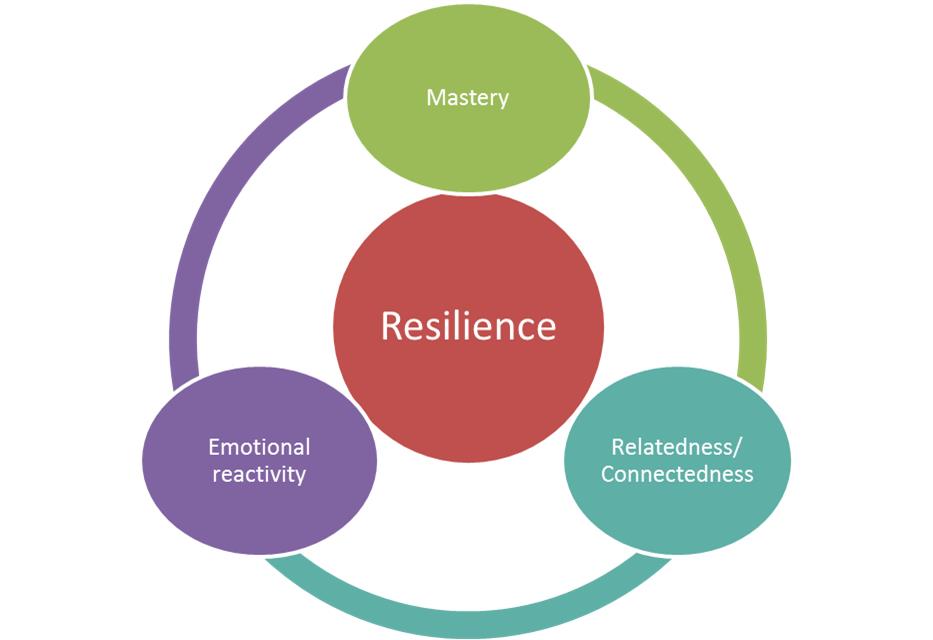Resilience is commonly referred to as “the ability to bounce back from a negative experience or adverse event”.
With all that life throws at us in this day and age, there’s no doubt that building resilience in ourselves and our young people is more critical today than ever before!
What is Resilience?
In essence, the more resilient a person is, the less vulnerable they are to being ’emotionally or mentally scarred’ by challenging negative events. They are more psychologically flexible. It is a little bit like a willow tree that bends in the wind but does not break.
The Critical Elements of Resilience
- Mastery – This is tied to a person’s optimism and self-efficacy. It is the sense that “I am pretty good at working things out. I have strategies to use when I come up against challenges, and a sense that everything will turn out OK. Things may change in my life but I can adapt.”
- Emotional Reactivity – This is about “How easily I am upset by things – how much they impact on me and how long it takes me to get over them.” It is also very closely linked to impulse control. Reactivity increases vulnerability.
- Relatedness/Connectedness – “How connected do I feel with the environment around me?” This relates to family, friends and support networks. “I have a level of trust for those closest to me who love and care about me”; “I can make up with friends if we have an argument.”
Why is Resilience so important?
As parents, we know that as our children grow older and more independent, it becomes more difficult to control their environments and protect them from all the bad stuff that life will throw at them. And life will! Their rates of physical and emotional development don’t necessarily match optimally, and there is often a balancing act for a period of time (sometimes well into their 20’s!).
Perhaps see resilience as something your kids can have with them when you are not there. It will allow them to make more balanced decisions that better reflect the big picture, and not react disproportionally in response to situations that in turn leave them even more vulnerable.
How can Resilience be improved?
Identifying skill shortages in areas relating to resilience is an important starting point.
After identifying the areas that need attention, strategies can then be developed to address opportunities for improvement. A Psychologist has the skills to help identify the issues and work with your teenager to better equip them to negotiate the potentially turbulent terrain ahead.
If you would like to find out more about how to build resilience in your life or the life of your young person, please consider making an appointment with me soon!
 Author: Nicole Wimmer, B Sc (Psych), MA (Psych), PG Cert Mgmt, Grad Dip Safety Science, MAPS.
Author: Nicole Wimmer, B Sc (Psych), MA (Psych), PG Cert Mgmt, Grad Dip Safety Science, MAPS.
Nicole Wimmer is a Psychologist with extensive experience. While addressing current presenting issues with clients, Nicole also focuses on developing skills in the client to better equip them to deal with future challenges as they arise.
